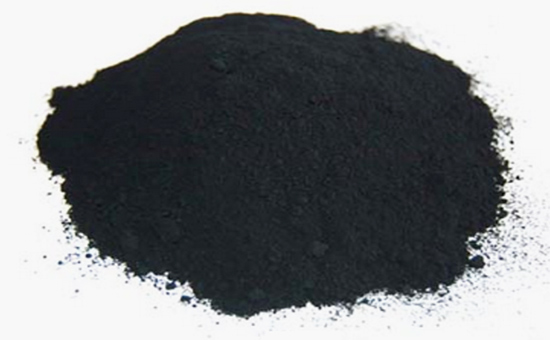
Carbon black can be used as a reinforcing agent in the production of reclaimed rubber products to improve the tensile strength, elongation at break and other mechanical indexes of reclaimed rubber products. It also affects the vulcanization properties of reclaimed rubber during use; vulcanization is used as the entire reclaimed rubber product. The final main process in the production process, its vulcanization effect has a great impact on the quality of recycled rubber products. Understanding how carbon black affects the vulcanization performance of recycled rubber is of great significance to improve the quality of recycled rubber products.
In theory, the amount of carbon black in the reclaimed rubber products is increasing, and the carbon black gel formed during vulcanization (carbon black gel is a combination of rubber, which is a mixture of rubber and carbon black, and the rubber can not be benzene when extracted with benzene. Part of the rubber that is dissolved can reflect the reinforcing effect of carbon black on the rubber compound. More and more, the rubber molecules that are reduced in activity due to being bound will increase significantly, thereby reducing the relationship between the reclaimed rubber and the vulcanizing agent. Reactivity, delayed vulcanization.
From another point of view, carbon black itself has a strong adsorption effect, which will adsorb some vulcanizing agents and accelerators in the rubber compound. The part of the vulcanizing agent and accelerator adsorbed by carbon black will increase with the increase of the amount of carbon black. The amount of the vulcanizing agent and the accelerator involved in the cross-linking reaction of the reclaimed rubber in the formulation is reduced, and the decrease in the concentration of the vulcanizing agent and the accelerator in the rubber compound directly leads to a decrease in the vulcanization rate of the rubber compound, and the scorch time and the vulcanization time are prolonged.
Rubber packing can be divided into soft packing, semi-rigid packing and rigid packing according to rigidity. Carbon black is a typical rigid packing, which is combined with rubber molecular chain through physical adsorption and chemical bond. Within a certain range, carbon black particles and rubber molecules As the chain is joined, the hardness and modulus of the reclaimed rubber increase and the torque increases.
The use of reclaimed rubber to produce rubber products, before the addition of carbon black, the scorch time, the positive vulcanization time is shorter, and the vulcanization rate is faster. As the amount of carbon black increases, the torque of the reclaimed rubber will increase continuously. The vulcanization time is prolonged. Therefore, when using recycled rubber, rubber manufacturers must control the amount of carbon black, comprehensively influence the influence of carbon black on the vulcanization performance and mechanical properties of reclaimed rubber, and continuously improve the vulcanization of reclaimed rubber vulcanized rubber by adjusting the amount of carbon black. Effect, mechanical properties, find the best amount of carbon black in recycled rubber products. In this small series, another sentence: When determining the amount of carbon black in recycled rubber products, the carbon black content of the reclaimed rubber itself must be calculated.
Exclusive original article [commercial authorization] reprint, excerpt and excerpt in any form are prohibited without written authorization. Focus on Hongyun rubber: learn the process formula and raw material technology of producing rubber products from recycled rubber to help you reduce costs and increase profits